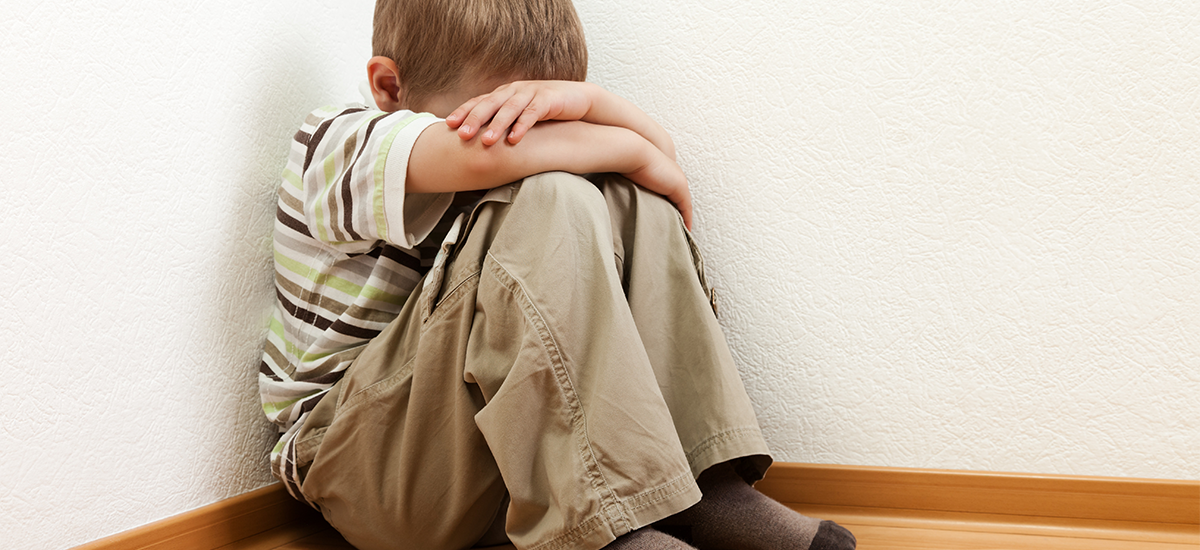As the new year is beginning, many of us begin to think about what changes we can make in our lives. Parenting is such an important job, and we often hope that we are being the best parents we can be.
Punishment for misbehavior comes so naturally to us. We barely even think about it in part because our brain is hard wired to pick up negative behaviors (not listening, arguing) and do something about them, much more than it is to notice positive behaviors (following directions, playing nicely) and do something about those. Despite our inclination, punishment is not very helpful in accomplishing our goals as parents (or in society) when that goal is just to get rid of some behavior.
Maybe the single most helpful parenting resolution you can make this year is to rely less on punishments as a response to your children. Punishment alone does not work to change behavior. It may stop the behavior in the moment, but it fails to eliminate it long term. We hope this newsletter provides you with some helpful information on the topic of using punishment to change your child’s behavior.
Myths of Punishment
For many parents, punishing the negative is their go to reaction. There are some myths of using punishment that come from years of studying parents, children, and punishment rather extensively.
Myth #1: Punishment Will Teach the Child to Do the Behaviors I Want
Actually, we know that is not really true. Punishment very temporarily stops the behavior, usually just at that time, but the behaviors you want do not pop up just because you punished the ones you do not want. So if you punish your children with a reprimand or lecture because they are arguing, that could stop the arguing right then—it probably will. But that does not increase the likelihood they will speak nicely to each other. That would have to be praised separately. Punishment is just not a good way of getting the positive behaviors you want or even reducing the behaviors you do not want beyond that moment.
Myth # 2: More Intense or Longer Punishment is More Effective
Naturally, we think, “Maybe if up the ante and really increase the punishment such as longer periods of time or more severe shouting and even spanking, now the child will learn his or her lesson.” Actually, we know this is not really true. More intense punishment does not increase the effectiveness in getting rid of a behavior. In fact, children adapt quickly so the new punishment, even if it leads to more crying and being more upset, it does not actually have any more effects in changing behavior.
Myth # 3 Explaining and Talking to My Child About the Misbehavior is Effective in Changing Behavior
Explaining things to a child is really beneficial. It teaches thinking and language, shows how to be reasonable (because you are modeling that), and builds your relationship in a very positive way. As part of child development and socializing, explanations are great. However, explanations are not very good at all as a behavior-change technique. That is, having the child understand does not translate to changing behavior. We know that from our own behavior related to diet, exercise, smoking, and the list goes on—knowing and doing are just not very connected in human behavior. Think of the surprise parents show when they say to their child, “If I have told you once, I have told you a thousand times not to . . . . “ We are frustrated as parents—after all the child “knows” not to do something but does it anyway. In psychology, the technical term for that is “normal.” Explaining is great but not as a way of changing behavior.
So now what? If you are interested in learning more effective ways to change your child’s behavior contact us or check out our streaming videos.
